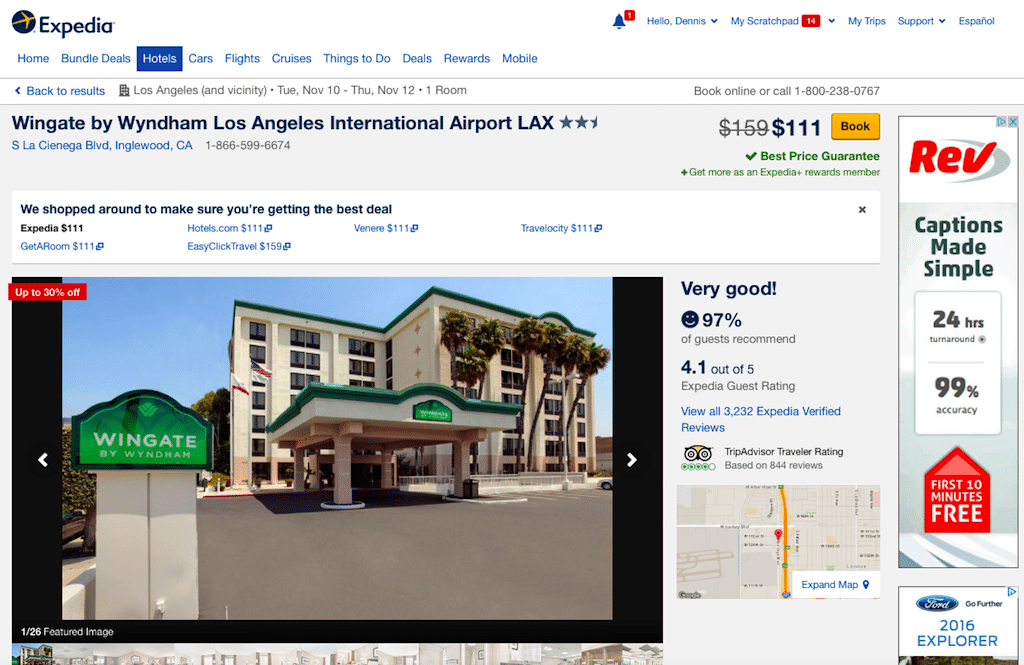Expedia's CEO on the Convergence of Everything

Skift Take
No one, including the Expedia CEO, knows where some of these converging booking and price-comparison trends will end up. The winners will be people and companies flexible enough to reinvent their businesses every few years.
If the online travel industry is seemingly becoming one big blur with price-comparison sites such as TripAdvisor, Trivago and even Google starting to resemble online travel agency-like booking sites, and online travel agencies such as Expedia and Orbitz starting to offer metasearch-like prices from competitors, then brace yourselves because this convergence trend won't be ending anytime soon.
Expedia Inc. CEO Dara Khosrowshahi addressed the topic on October 29 during the company's third quarter earnings call, saying:
"I think that in this industry you are getting various players and various experiences roll into each other in a way ... that has changed and you are not going to have ... these clear delineations between experiences the way that you had."
Khosrowshahi pointed to user reviews as an example, noting that they used to be "only in TripAdvisor's baliwick" but user reviews are "something that is very big on our site now," and they improve booking conversion.
TripAdvisor is "more involved in the booking path," Khosrowshahi said. "You have seen us and various players

